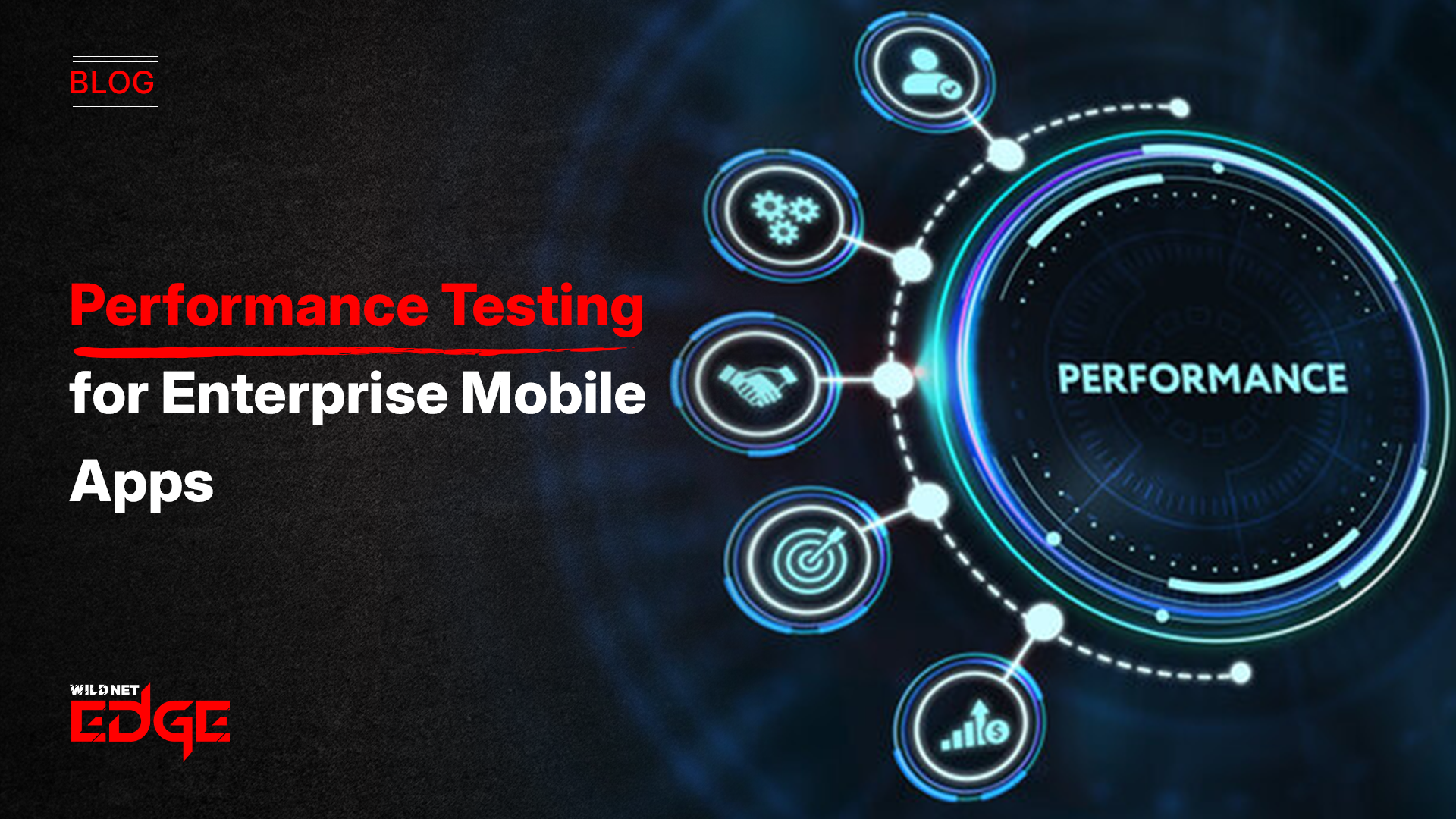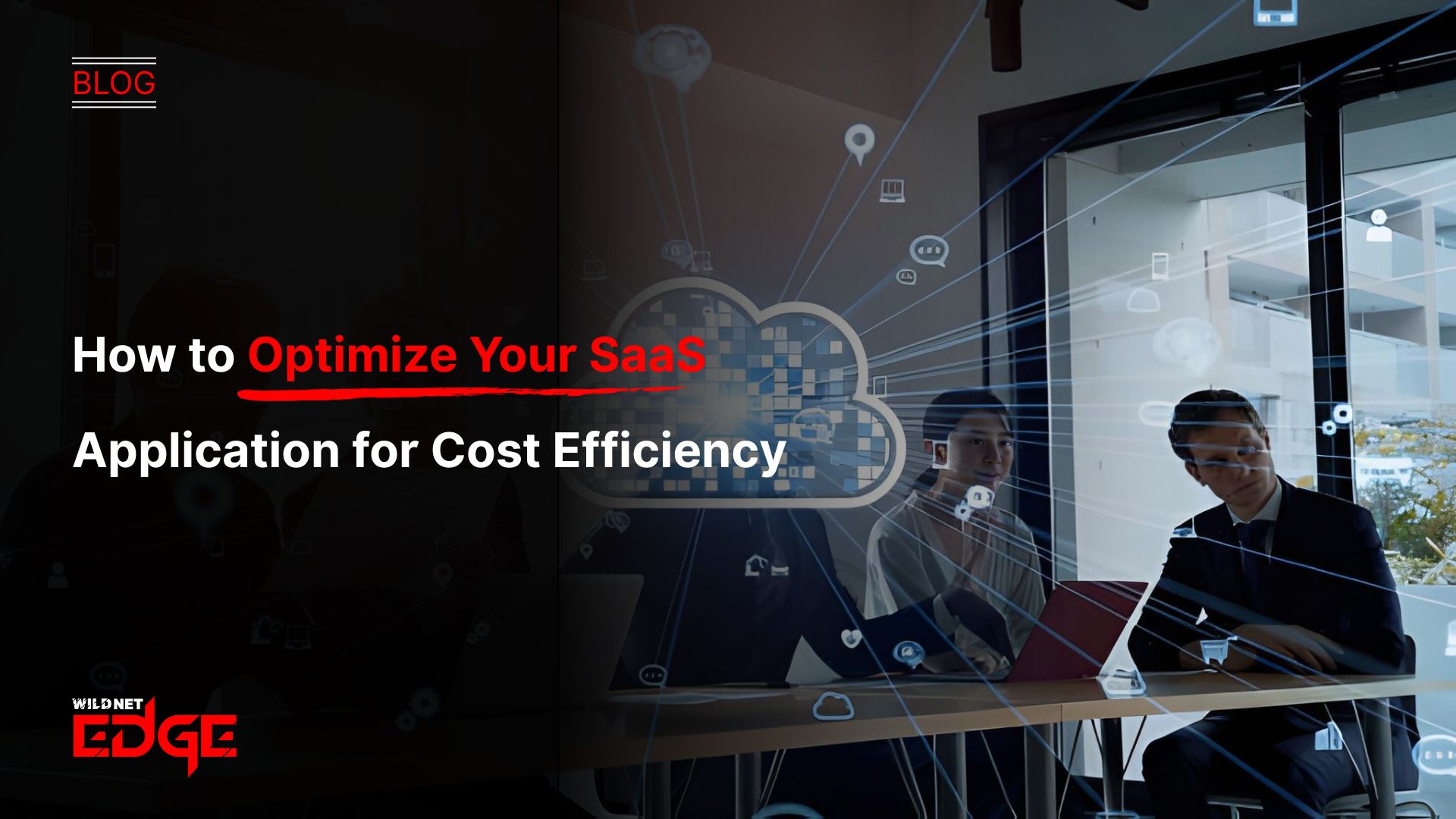In today’s digital age, the demand for specialized applications is on the rise, with credit card app development cost being a significant factor to consider. If you are looking to venture into the financial app market, understanding the costs involved in developing a credit card app is crucial. Not only does it inform your finance budget, but it also ensures you make well-informed decisions when hiring the right professionals. This guide delves deep into the factors that influence the credit card app development cost, helping you navigate the complexities of card app pricing efficiently.
Understanding Credit Card App Development Cost
What Influences the credit card app development cost?
Several factors influence the credit card app development cost, including design complexity, features, and platform selection. High-end design requires experienced UI/UX professionals, which can increase costs. Features like real-time notifications, payment gateways, and security measures add to the overall complexity and price as well.
User experience plays a crucial role in app acceptance; hence, investing in intuitive design can reduce long-term costs by minimizing revisions and improving user retention. Furthermore, robust security measures, such as end-to-end encryption and compliance with regulations like PCI DSS, add layers of expense but are essential in the finance sector. These elements culminate in the overall credit card app development cost, dictating the budgeting strategy early on.
Typical card app pricing Models
Understanding the card app pricing models is vital for effective budgeting. The two most common models are fixed pricing and hourly pricing. Fixed pricing gives a clear cost from the outset, while hourly pricing can lead to fluctuating costs based on the number of hours required throughout the project.
Typically, in-house development tends to be more expensive than outsourcing. A development team from a reputable Credit Card App development company may charge significantly higher due to their expertise and track record. However, outsourcing to specialized firms often provides a good balance of quality and cost-effectiveness. The credit card app development cost can vary dramatically between these models, so a thorough analysis is crucial to avoid any financial surprises.
Budgeting for Banking App Charges
Estimating Your Finance Budget
Creating an effective finance budget for app development requires careful planning. Begin by outlining all the necessary components of your app, including design, features, and ongoing maintenance—these elements significantly contribute to your credit card app development cost. Research market rates for each component to ensure you allocate your budget wisely.
It’s important also to account for ongoing costs post-launch, which include maintenance and updates to enhance user experience and app performance. By planning for these expenses initially, you can ensure that your finance budget accommodates all necessary areas.
Hidden Costs in Banking App Charges
When budgeting for banking app charges, unexpected expenses may arise. These hidden costs can include regulatory compliance, security updates, and ongoing support. Often overlooked, these elements can significantly impact your project’s overall expenditure.
Additionally, remember that marketing and user acquisition are essential to your app’s success and can incur substantial costs. When budgeting, factor these potential expenses into your overall strategy. Being prepared for these hidden costs in banking app charges allows for a more realistic and robust financial plan.
Choosing the Right Credit Card App Development Company
Factors to Consider When Selecting a Credit Card App Development Company
Selecting a Credit Card App development company is critical to your project’s success. Factors like experience, portfolio, and customer reviews should heavily weigh into your decision-making process. Companies with a strong track record in finance apps have the advantage of understanding the specific requirements and complexities unique to this industry.
Location may also influence costs. Firms based in regions with lower living costs can offer more competitive rates, but ensure that they maintain high-quality standards. Evaluating these factors directly impacts the credit card app development cost and your overall experience.
How to hire credit card app developer Effectively
To hire credit card app developer effectively, start with a clear outline of your project requirements. Utilize platforms that specialize in app development to identify potential candidates. Look for developers with proven experience in finance-related projects to ensure they understand the specific nuances and regulatory expectations.
Interview candidates thoroughly and check references to gauge their past performance. Effective communication is essential, so ensure that your chosen developer aligns with your vision. Following these steps can lead you to the right developer and help manage your credit card app development cost more effectively.
Case Studies on Card App Pricing
Analysis of Successful Credit Card Apps
Examining successful credit card apps offers valuable insights into card app pricing and features that drive success. For instance, popular apps often have development costs ranging from $100,000 to $250,000, depending on their complexity and feature set. Key attributes like robust security, user-friendly interfaces, and seamless integrations with payment platforms contribute significantly to their adoption.
Highlighting successful examples illustrates what the right investment can yield and helps you make informed decisions on your development approach.
Lessons Learned from App Development Challenges
There are always lessons to be learned from challenges faced during app development. Common pitfalls include underestimating the credit card app development cost, inadequate market research, and vague project goals. These issues can lead to costly delays and revisions.
Practical tips include conducting thorough research before launching your app and setting clear objectives with your development team. Managing expectations and communicating transparently throughout the process can help you stay within your finance budget.
Future Trends in Credit Card App Development Costs
How Advancements Affect Banking App Charges
Emerging technologies like AI and blockchain are reshaping the landscape of financial apps. These advancements have the potential to improve user experience while also offering opportunities for cost savings. For instance, integrating AI-driven chatbots for customer service can reduce staffing needs and improve responsiveness.
Understanding how these tech advancements affect banking app charges is vital for future-proofing your app and ensuring that you remain competitive in a rapidly evolving market.
The Importance of Staying Updated with Card App Pricing
Regularly updating your knowledge regarding card app pricing and market trends is crucial for effective budgeting. The financial technology landscape changes rapidly, and new compliance regulations or technology can alter your cost structure significantly.Keeping abreast of industry shifts allows you to adjust your finance budget accordingly and maintain a competitive edge. Utilize resources like industry reports, webinars, and networking events to gather insights that can inform your financial planning.
Conclusion
In conclusion, understanding the credit card app development cost is essential for any business venturing into the financial app space. By evaluating factors such as design complexity, feature requirements, platform choice, and developer expertise, you can plan a robust finance budget and avoid unexpected expenses. Partnering with experienced companies like Wildnet Edge, who adopt an AI-first approach, can streamline your development process, enhance security, and deliver intelligent, future-ready financial solutions that stand out in a competitive market.
FAQs
The average cost varies greatly depending on the app’s complexity, reaching anywhere from $50,000 to $250,000.
Consider choosing a minimal viable product (MVP) approach and prioritize essential features during development.
Key factors include design complexity, feature set, platform selection, and developer expertise.
Yes, a skilled developer can ensure high-quality, secure applications that meet market demands.
Be mindful of ongoing maintenance, marketing expenses, and compliance costs, which can significantly impact your overall budget.

Nitin Agarwal is a veteran in custom software development. He is fascinated by how software can turn ideas into real-world solutions. With extensive experience designing scalable and efficient systems, he focuses on creating software that delivers tangible results. Nitin enjoys exploring emerging technologies, taking on challenging projects, and mentoring teams to bring ideas to life. He believes that good software is not just about code; it’s about understanding problems and creating value for users. For him, great software combines thoughtful design, clever engineering, and a clear understanding of the problems it’s meant to solve.
 sales@wildnetedge.com
sales@wildnetedge.com +1 (212) 901 8616
+1 (212) 901 8616 +1 (437) 225-7733
+1 (437) 225-7733















 ChatGPT Development & Enablement
ChatGPT Development & Enablement Hire AI & ChatGPT Experts
Hire AI & ChatGPT Experts ChatGPT Apps by Industry
ChatGPT Apps by Industry ChatGPT Blog
ChatGPT Blog ChatGPT Case study
ChatGPT Case study AI Development Services
AI Development Services Industry AI Solutions
Industry AI Solutions AI Consulting & Research
AI Consulting & Research Automation & Intelligence
Automation & Intelligence















